
Govt shutdown crippling U.S. airports; thousands of flights delayed, cancelled
Americans traveling by plane are facing thousands of flight delays and hundreds of cancellations each day due to the ongoing government shutdown – and the situation will only worsen if Congress fails to act soon.
Nearly 15,000 flights traveling into, out of, or within the United States were delayed and 501 were cancelled over the past three days, according to data from FlightAware. The number of flight delays Tuesday is nearing 2,800 and cancellations are nearing 100, as of the afternoon.
Nearly 85% of delays were due to staffing shortages, as increasing numbers of air traffic controllers and other federal employees who have worked without pay for 35 days are “forced to make decisions,” Duffy said.
“Make no mistake, the longer this goes on, every day these hardworking Americans have bills they have to pay, and they’re being forced to make decisions and choices,” he told reporters. “Do they go to work as an air traffic controller, or do they have to find a different job to get resources, money, to put food on their table, to put gas in their car?”
Assuming lawmakers continue their partisan standoff over reopening the government, air traffic controllers will miss a second full paycheck Thursday – something most of them cannot afford to face, Duffy added.
Once that happens, Americans can expect to see “mass chaos,” even as airports enter the Thanksgiving holiday travel rush, Duffy warned. With fewer workers, the only way to keep the air system safe is to reduce the number of flights.
“If you bring us a week from today, Democrats, you will see mass chaos, you will see mass flight delays, you will see mass cancellations, and you may see us close certain parts of the air space,” Duffy said. “Because we just cannot manage it, because we don’t have the air traffic controllers.”
Senate Democrats have voted 14 times against Republicans’ House-passed Continuing Resolution to keep the government funded, triggering the current shutdown and extending it for a record period of time.
Despite the nonpartisan nature of the CR – which would merely keep federal agencies funded as lawmakers finish up the regular appropriations process – Democrats oppose it because it does not address the pandemic-era expansion of the Obamacare Premium Tax Credit, expiring Dec. 31.
Republican leaders have said they are willing to guarantee a vote on the subsidies, but cannot guarantee a vote will succeed – terms Democratic leaders find unacceptable.
Nearly 500 travel-related organizations and companies signed on to a recent letter from the U.S. Travel Association urging congressional leaders to pass the Republican CR and end the shutdown.
“America’s travel economy has already lost more than $4 billion due to the shutdown, and those losses grow significantly with each passing day,” the letter reads.
“The cost of continued inaction will be felt by families, workers, businesses, and communities in every part of the country. Now is the moment to demonstrate leadership and prevent a Thanksgiving travel crisis.”
Latest News Stories

Arizona, Nevada pay less at the pump than California
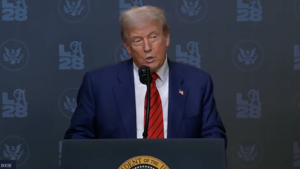
EEOC celebrates 200 days of protecting religious freedom under Trump
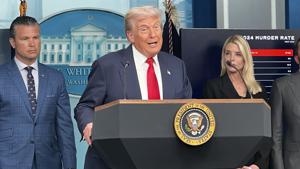
U.S. mining operations discarding rare minerals at center of trade talks
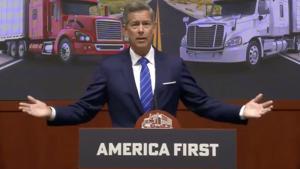
Duffy warns states to enforce English proficiency requirements for truckers

Illinois quick hits: Chicago businesses at 10-year low; school admin survey closes soon

Pritzker unveils Illinois LGBTQ hotline amid debate over transgender athletes
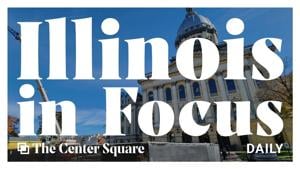
WATCH: Trump ends funding for cashless bail policies, hedges on Guard deployment to Chicago
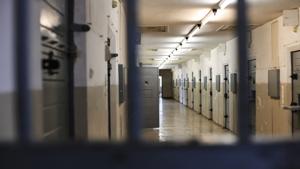
Hochul pushes back on Trump’s cashless bail funding threat

Meeting Summary and Briefs: Will County Board for August 21, 2025

New Lenox Residents Challenge Industrial Rezoning Plan Over Truck Traffic and Safety Concerns

Vendors Provide Free Replacements for Defective Park District Golf Equipment

Education Department finds GMU Violated Title VI

Redistricting opponents immediately appeal to CA voters

Former Transportation Secretary urges state taxpayer funding for Chicago transit
